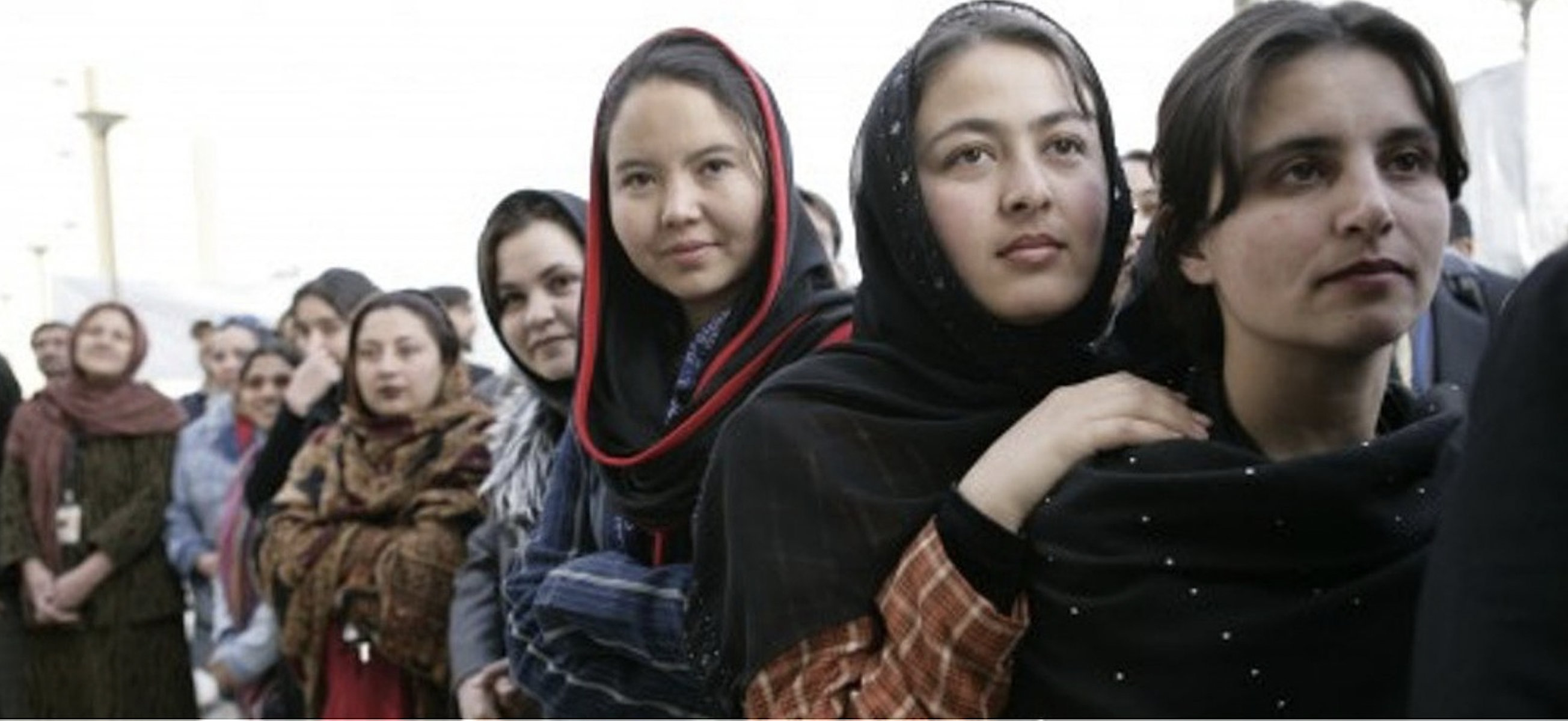The Taliban’s War Against Women

For over 20 years, women have suffered under the rule of the Taliban. The Taliban first rose to power in 1996, and before they seized control, Afghan women were educated and involved in public society. According to the Feminist Majority Foundation, “50% of the students and 60% of the teachers at Kabul University were women. In addition, 70% of school teachers, 50% of civilian government workers, and 40% of doctors in Kabul were women” before Taliban control. But, as the United States Institute of Peace states, “under the Taliban today, Afghan women are deprived of their livelihoods, identity, education, employment, leisure, travel, sports and equal access to humanitarian aid.”
In the early 2000s, the Taliban passed many strict laws that affected women’s rights, including banning women and girls from going to school, violating the right to education, forcing women to wear burqas, which cover the whole body, and removing women from the workforce. The Taliban also prevented women from being treated by male doctors but also restricted women from being doctors and nurses, causing some girls to die from treatable illnesses and diseases.
Anyone who went against the Taliban was publicly killed or beaten. For example, one Afghan woman wanted to help girls get the education they needed, so she held classes secretly, but as a result of doing so and disobeying the Taliban, she was killed.
In 2009, the Obama Administration increased its funding for both military and civilian development in Afghanistan, and the U.S. made security and development for Afghans one of its top priorities. Many women gained some rights back, including their right to education, but that recently changed when the Taliban regained control in 2021.
As of 2023, Afghan women are banned from schooling after the age of 11. The Taliban took away laws that prevented women from being the victims of violence and shut down places that allowed women to seek help from abuse and abusive relationships. Thousands of divorces have been voided, and women are now not allowed to travel without a male guardian. The Taliban also closed beauty salons and are cracking down on women working elsewhere, including the U.N. and NGOs, causing thousands of women to lose their jobs and be unable to provide for their families. Families are facing poverty and, in extreme cases, being forced to sell or give away their children.
Women in Afghanistan need help. They are facing serious mental health issues, and some even include suicide. In order to help women in Afghanistan, there needs to be more political and financial support and advocacy. For example, even though the Taliban banned Afghan women from being a part of the United Nations, United Nations Deputy Secretary-General Amina Mohamed told ABC News, “Every woman that knows that their daughter can go to school tomorrow in the developed world needs to think about that and raise their voice to amplify what is a right for Afghan women who have daughters. And that does help.”
In conclusion, raising awareness and raising your voice plays a huge role in helping women in Afghanistan gain their rights back. Women in Afghanistan have faced unjust treatment and conditions for years; the Taliban has used their power to leave Afghan women with few rights. But there are many ways to help women regain their rights — it just takes more than one person.
More articles by Category: International, Violence against women
More articles by Tag: Afghanistan


























